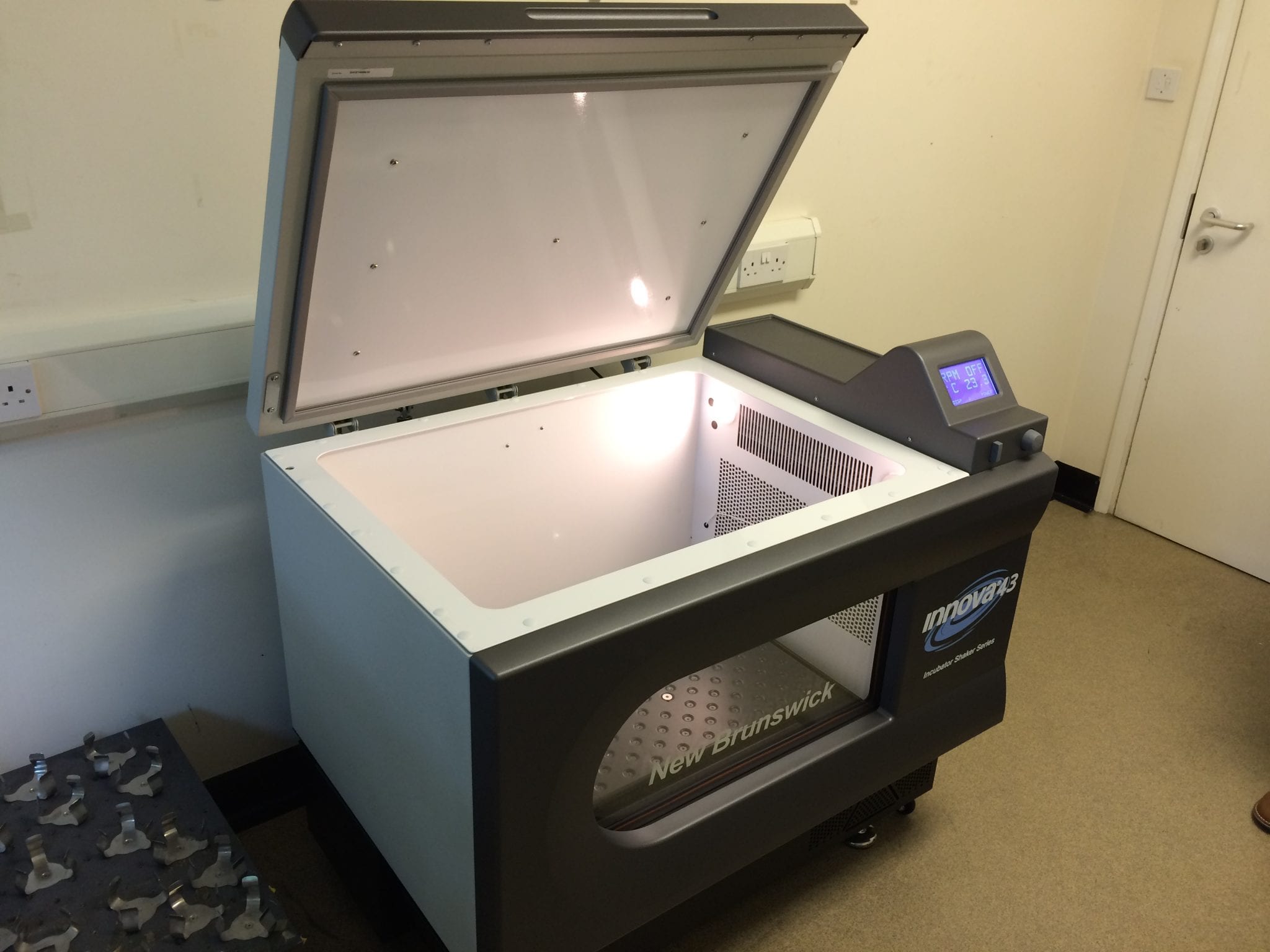Our services include:
The Fungal Biopesticide Development Laboratory is being used to find fungal isolates that have the potential to become an economically viable biopesticide.
We offer services to pesticide companies and biopesticide manufacturers to:
- Identify potential isolates for commercial development; and/or
- Assist in the development of your own fungal isolates.
Case Study:
Following the EU banning of neonicotinoid insecticide seed dressing, which led to a sharp rise in cabbage flea stem beetle (CSFB) damage, farmers and the agrichemical industry urgently need to find alternatives, such as a fungal biopesticide solutions. The Fungal Biopesticide Development Laboratory has identified a UK fungal isolate that can kill CSFB larvae. The results are promising against the larval stage and we are now preparing to test the adult CSFB stage. In addition, the CHAP Molecular Diagnostics Laboratory is looking into how the cabbage stem flea beetle reacts to pesticides.











